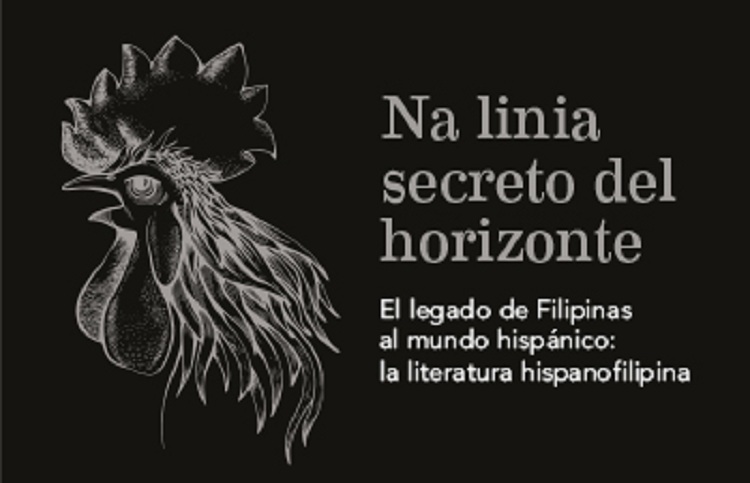The Diplomat
The Instituto Cervantes has inaugurated an exhibition to raise awareness of the many works written by and for the Philippines in Spanish and which aims to “keep alive a legacy that seemed destined for oblivion”.
The exhibition Na linia secreto del horizonte. El legado de Filipinas al mundo hispánico: la literatura hispanonofilipina will unveil, in the Exhibition Hall of the Instituto Cervantes’ headquarters in Madrid, a total of 94 books and publications dated between 1840 and 2017 and that come from the library collections of the Instituto Cervantes in Manila.
“The exhibition evidences the fundamental work of conservation of these funds carried out by said library to keep alive a legacy that seemed destined to oblivion, and illustrates the cultural, political, artistic and religious relations between the two countries,” the Institute highlighted. The exhibition is part of the commemorative events for the 30th anniversary of the Instituto Cervantes, under the generic title of 30 years creating Hispanists.
During the presentation of the exhibition, which took place on March 25 in Madrid, the director of the Instituto Cervantes, Luis García Montero, said that these “wonderful” collections summarize the entire Spanish-Philippine literary tradition and highlight the importance that the Hispanic world has had in the culture of that country. Likewise, these works highlight the brotherly relations that have existed between the Philippine and Hispanic cultures through Mexico, links that continued throughout the 20th century, after the independence of the Philippines in 1898, and that justify that Manila is “one of the centers of the Instituto Cervantes with more students and with greater interest in our work”.
Also speaking at the inauguration were Rafael Rodríguez-Ponga, president of the Spanish Association of Pacific Studies (AEEP) and former secretary general of the Instituto Cervantes, who lamented that the Spanish language is “in danger of extinction” in the Philippines; Adrián Elmer Cruz, consul general and second head of the Philippine Embassy in Spain; José Rodríguez Rodríguez Rodríguez, honorary president of the Academy of the Philippine Language, and Francisco Javier Pérez, secretary general of the Association of Academies of the Spanish Language (ASALE).
The bibliographic cabinet gathers grammars, dictionaries, newspapers, translations of Don Quixote, stories, guides, novels and poems. The exhibition also recalls the work of intellectuals such as José Rizal, the main architect of Philippine independence, or the vindication of his figure by Miguel de Unamuno. Among the most representative pieces are the diary written by María Paz Zamora Mascuñana about her flight during the battle of Manila between February and March 1945 or the Japanese stamp that allowed the Spanish-Tagalog grammar of linguist Rosendo Ignacio to be saved from the burning of books carried out by the Japanese occupation army in Manila.
The selection of publications is complemented by an audiovisual presentation on the Spanish language in the Philippines by Javier Ruescas Baztán, as well as the possibility of listening to a Filipino song of welcome and a poem in Chabacano, the Creole language that arose from the mixture of Spanish with several native Philippine languages and which is still alive in the country.







